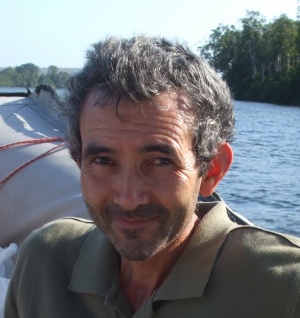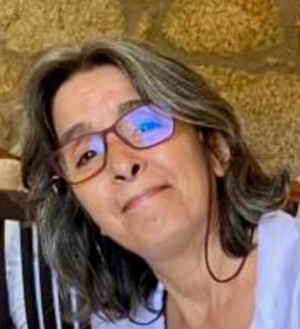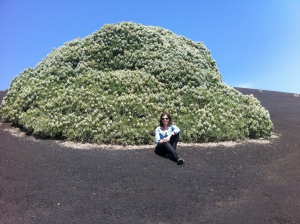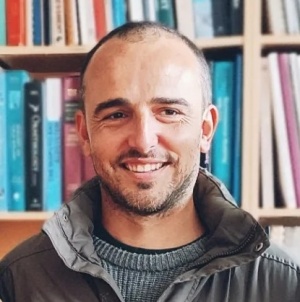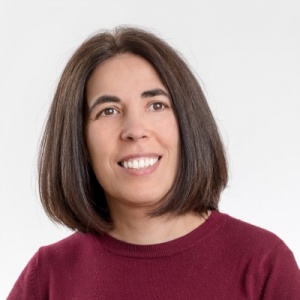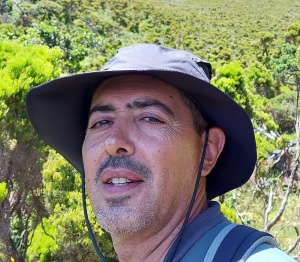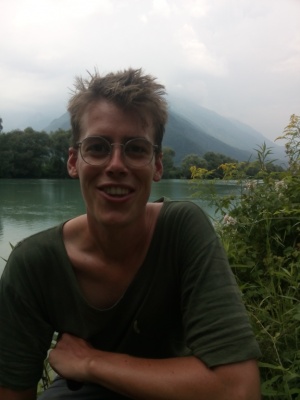Norder, S.J., de Lima, R.F., De Nascimento, L., Lim, J.Y., Fernandez-Palacios, J.M., Romeiras, M.M., Elias, R.B., Cabezas, F.J., Catarino, L., Ceríaco, L.M.P., Castilla-Beltrán, A., Gabriel, R., Menezes de Sequeira, M., Kissling, W.D., Nogué, S., Hall, M., van Loon, E.E., Rijsdijk, K., Matos, M. & Borges, P.A.V. (2020) Global change in microcosms: environmental and societal predictors of land cover change on the Atlantic Ocean Islands.
Anthropocene,
30, 1-9. DOI:10.1016/j.ancene.2020.100242 (IF2020 3,964; Q1 Environmental Sciences)
Islands contribute enormously to global biodiversity, but their species and ecosystems are highly threatened and often confined to small patches of remaining native vegetation. Islands are thus ideal microcosms to study the local dimensions of global change. While human activities have drastically transformed most islands, the extent to which societal and environmental conditions shape differences in land cover remains unclear. This study analyses the role of contrasting environmental and societal conditions in affecting the extent of native vegetation cover on 30 islands in five Atlantic Ocean archipelagos (Azores, Madeira, Canary Islands, Cape Verde, Gulf of Guinea Islands). We adopt a mixed-method approach in which we combine a statistical analysis of environmental and societal variables with a qualitative reconstruction of historical socioeconomic trends. Statistical results indicate that terrain ruggedness predominantly shapes the extent of remaining native vegetation cover, suggesting that topography constrains human impacts on biodiversity. Overall, environmental variables better explain differences in native vegetation cover between islands than societal variables like human population density. However, throughout history, islands experienced large changes in demography and socioeconomic trends, and therefore modern patterns of native vegetation might also partly reflect these past conditions. While anthropocene narratives often present humans as a global geophysical force, the results show that local environmental context strongly mitigated the degree of human impact on biodiversity. These findings call for integrative approaches to understand the contributions of local human-environment interactions to ongoing global change.

